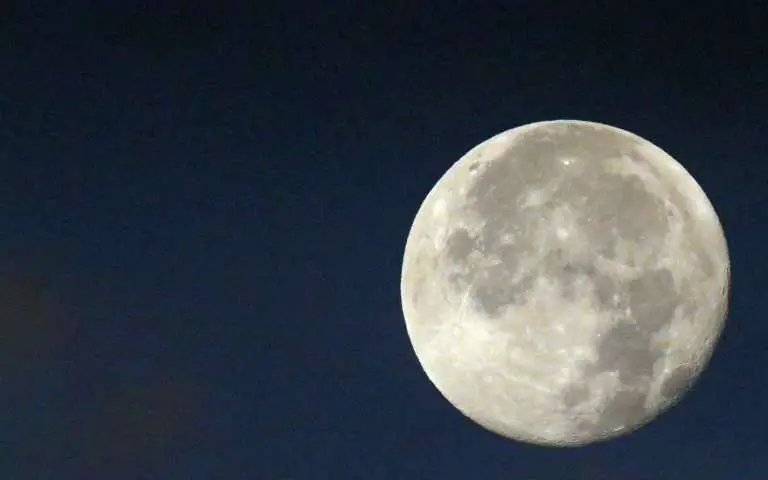
You’ll all agree when we say,
“moon adds to the beauty of the earth’s sky, and a moonless sky is unimaginable.”
Right? the moon is the closest object to the earth, and it came into existence after the “big splash.” It’s been there ever since.Have you ever thought what’s the purpose of the moon, or is it only there to make our night sky look beautiful? Or what if the moon didn’t exist?
Imagine one day you wake up and hear the news that the moon has disappeared, and NASA doesn’t have a clue; you rush towards your balcony to see the moon and poof, it’s gone. Now, that’s scary! What would happen if there was no moon? Or what would earth be like without the moon? 7 best telescopes under $1000 might help you to discover this blessing of a moon on a budget before it leaves our lives forever.
In this piece, we’ll try to get the answers to these interesting questions. Let’s get started!
Moon is like earth’s sibling, and as discussed, it’s been there from the beginning. One day if suddenly moon disappeared, there are going to be severe consequences. You may ask, could we live without the moon, or can we survive without the moon? Well, get ready for some jaw-dropping answers.
Here’s the answer to what would happen if there was no moon or can we survive without the moon.
1. Prepare for Darker Nights
The first thing that you’ll notice if the moon disappeared is a darker night. You probably have never realized that the moon is the biggest source of natural light in the night. It is not only the most prominent object in the sky, but the moon helps in reflecting the light from the stars to our mother earth.
If the moon is eliminated from the equation, the nights on earth would be much darker. The question is, can we survive without the moon, or could we live without the moon? Let’s face it, from the perspective of darker nights. We won’t survive for much longer if the moon is gone because, according to scientists, manmade lights would not be enough. It is said that the 10 x 50 binoculars for astronomy are being used to observe changes even in manmade lights.
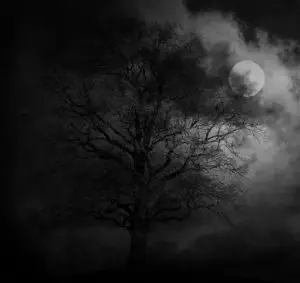
The sudden disappearance of the moon would confuse animals, and their survival will be in danger too. According to research, animals use vision as their primary interaction method with the world for survival. The source of that interaction method is the moon.
Many animals like lions and owls use the cover of darkness with little moonlight to hunt their prey effectively. Rodents use strong moonlight to hide and kill their prey. If the moon is gone, many animals will die of hunger, which would disbalance the entire ecosystem.
As a result, there will be a large infestation, insect and bugs will grow in numbers because the predators are not hunting them. These insects will start eating crops, which will lead to a shortage of food for humans.
2. Change in Ocean Tides
You may have read in your science lessons that tides and moon have a direct correlation. If the moon moves further away from the earth, what would happen to the tides? Well, this is the next big thing that you would notice if the moon is gone.
Moon is the closest object to the earth, and it’s gravitation pull effects earth; the pull is strong enough to move our oceans back and forth, and we call this movement “tides.” You may have heard “a rising tide lifts all boats,” but when the moon is gone, this phrase will be useless because there won’t be any tides!
When the moon disappears, the gravitational pull will disappear too. If the gravitational force disappears, what would happen to the planets? Without gravitational pull, the tides will dramatically slow down, and they will rise and fall at a much slower rate.
Slower tides will completely change the coastal ecosystem?
It would possibly destroy much of the ecosystem and will disturb the flow of water, minerals, energy, and other valuable resources. The entire ecosystem of oceans depends on high and low tides; many fish and algae species depend on tides for their survival.
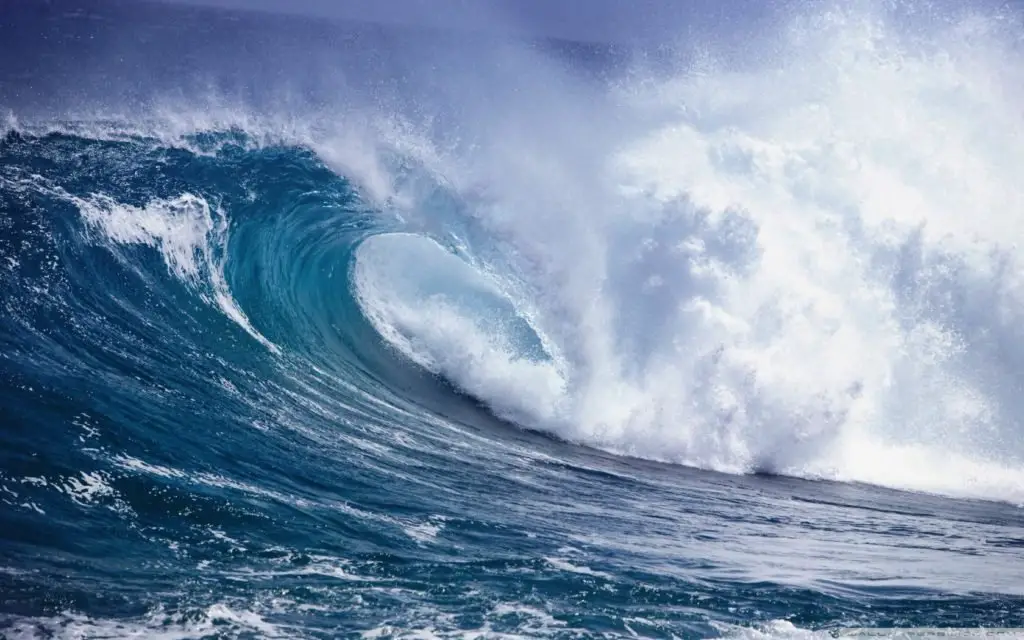
Not only ocean species but many birds and land mammals such as bears, deer, and raccoons rely on the ocean and tides. The disappearance of the moon will destroy the ocean ecosystem.
The question in perspective of slower tides is, can we survive without the moon and hence the tides? Well, the answer is no. The tides not only keep the ecosystem in balance but their movement drive ocean currents, which changes the global weather patterns. When tides become slower, the world would face extreme temperatures, and it would be difficult for humans to survives.
3. Drastic Change in Climate
The earth’s axis is tilted at the angle of 23.5o; there is a little alteration in the angle. The presence of the moon’s gravitational pull puts earth on its axis, and it doesn’t deviate. But what would happen if the earth had no tilt?
Well, earth’s tilt is what gives us seasons; when the earth rotates around the sun on its axis, each hemisphere of the earth gets its fair share of sunlight.The Northern hemisphere faces the sun, the days grow longer, and the temperature rises, and that’s called summer.
As the Northern hemisphere moves away from the sun, the days become shorter, and temperature decreases; that’s called winter. We keep chanting and hearing slogans like “change the climate – one degree at a time” with the moon gone, there won’t be any degrees left to change.
Discover what’s happening on other satellites from you phone. For an informative guide, you just need to download top astronomy apps.
If the moon is taken away from the equation, there would be changes in climate. Although these changes won’t happen right away and may take years, the climate would change.
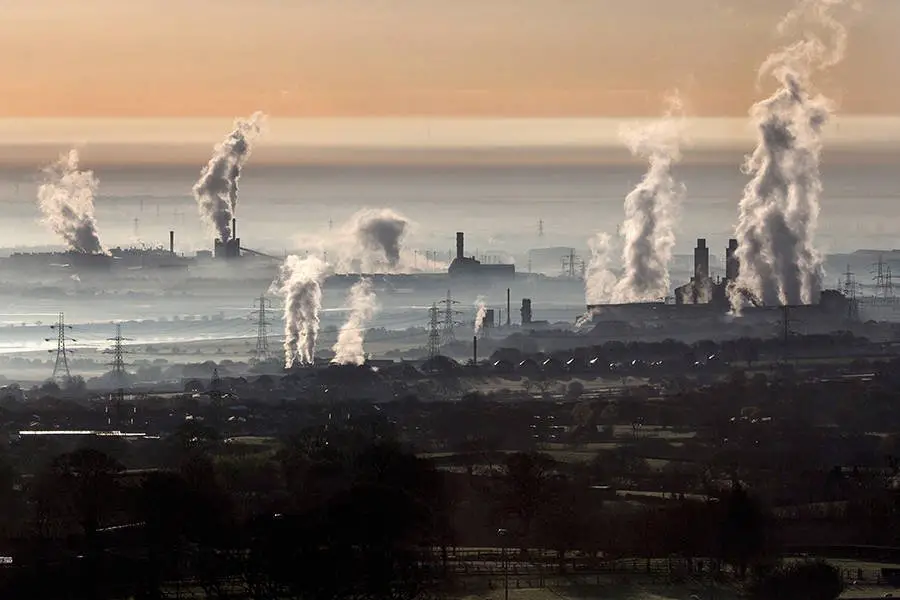
If you live in a place with extreme winter, you will suddenly have to face long and hot summers. There would be other climate changes as well because glaciers will start to melt. Sea levels will rise, and with low tides, global weather patterns will change.
So, could we live without the moon? No, the extreme temperatures and changes in climate will make earth uninhabitable.
4. Brace Yourself for Asteroids
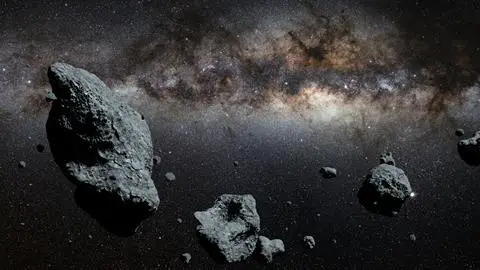 If aliens or we humans decided to blow the moon, so what happens if the moon is destroyed? There are two possibilities if the moon is destroyed.
If aliens or we humans decided to blow the moon, so what happens if the moon is destroyed? There are two possibilities if the moon is destroyed.
The first possibility is that all the debris of the destroyed moon could come together in a ball shape and form a smaller moon.
Or secondly, the residue produced after the destruction of the moon could find its ways to earth and strike us in the form of asteroids. The impact of asteroids won’t wipe out humanity, but it could kill thousands and millions of people.
5. Other Impacts
Apart from darker nights, change in tides, climate change, and asteroids, there are other impacts. We’ll discuss them briefly in this section.
1. When the moon disappears, another significant impact would be that days would be shorter. As discussed above, the earth is tilted, and the moon’s gravitational pull keeps the earth in its place.
When that gravitational pull disappears, the earth will rotate faster, and as a result, a day on earth would be shorter.
2.Earth is fixed on its axis because of the moon’s gravitational pull, and if the moon suddenly vanishes, the earth’s core will feel the impact. As a result of this awkward shifting, it could trigger earthquakes and volcanoes.
3.The moon plays an important role when it comes to a solar or lunar eclipse, but when the moon is out of the equation, there would be no eclipse at all because nothing will block the sun.
4.Another impact would be on the night sky; if the moon is eliminated or disappears, the night sky will deliver a hell of a view. You would be able to see more stars in the sky as compared to the presence of the moon.
5.If the moon explodes, another possibility is that the debris will hit and destroy the satellites orbiting the earth. These satellites are useful because they provide different types of data, which helps us in studies and helps us in communicating. If satellites are destroyed, we won’t have any data or communication.
You might be wondering if all this can happen without the moon, so how long will the earth exist? Or can earth survive without the moon?
The answer is unknown; the earth would keep on existing and will adjust to the changes. It would take some time, but in the end, earth as a planet will survive without the moon.
The Bottom Line!
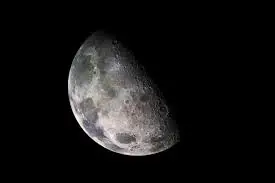 There would be no calendar system because a day on earth without a moon would be six to twelve hours. A year without a moon would have over 1000 days.
There would be no calendar system because a day on earth without a moon would be six to twelve hours. A year without a moon would have over 1000 days.
The ecosystem will be destroyed; predators will die of hunger, and insects will grow in number and eat crops. It would result in a food crisis all over the world. The marine life will be hit much harder because their survival depends on tides.
With the moon removed from the equation, there will be almost no tides, and oceans will become calm.
There will be no moonlight, and nights will turn much darker, and there will be no more romantic moonlight walks. The Earth core will feel the change, and volcanic activities and earthquakes will become frequent. The ocean water may spread across the earth and reduce the tidal friction.
The moon makes the earth habitable, and without the moon, the life on earth as we know it would not exist. Now you know what would happen if the moon disappeared or what would earth be like without the moon.
Enjoyed this article? We have more for you!
- 10 Best Monocular Telescopes UK in 2022【Reviewed】 - April 1, 2022
- How To Build A Dobsonian Telescope [Guide 2022] - March 31, 2022
- Best Astrophotography Stacking Software [Ultimate Guide] - March 31, 2022
Leave a Reply